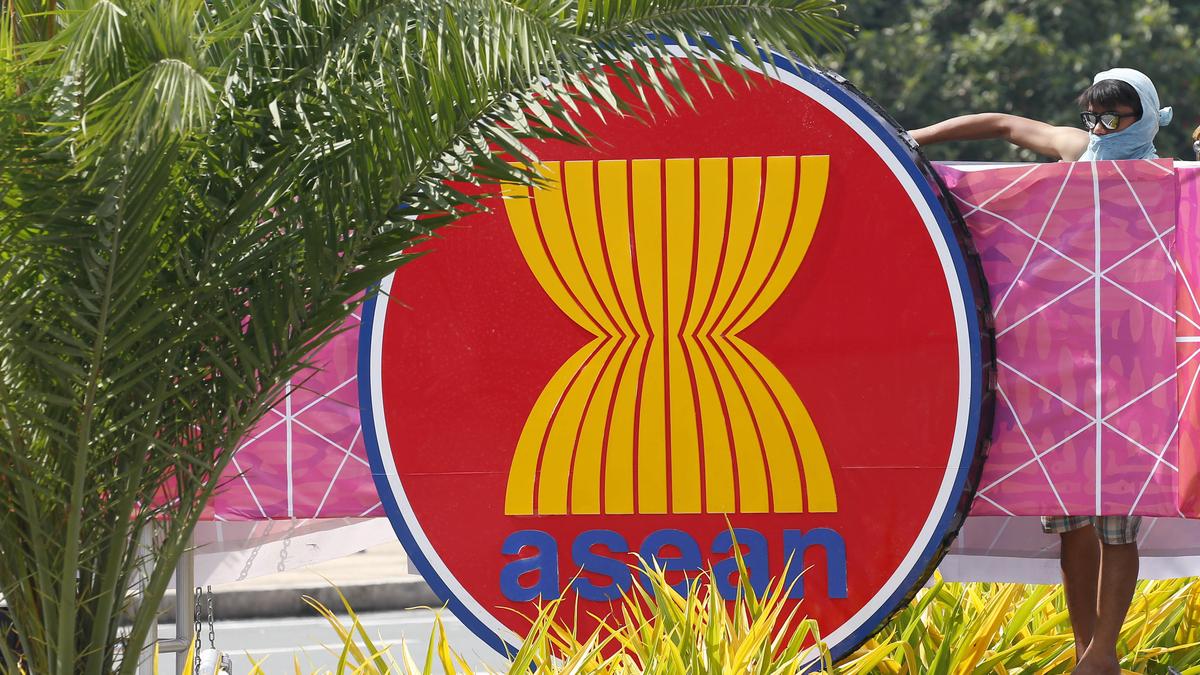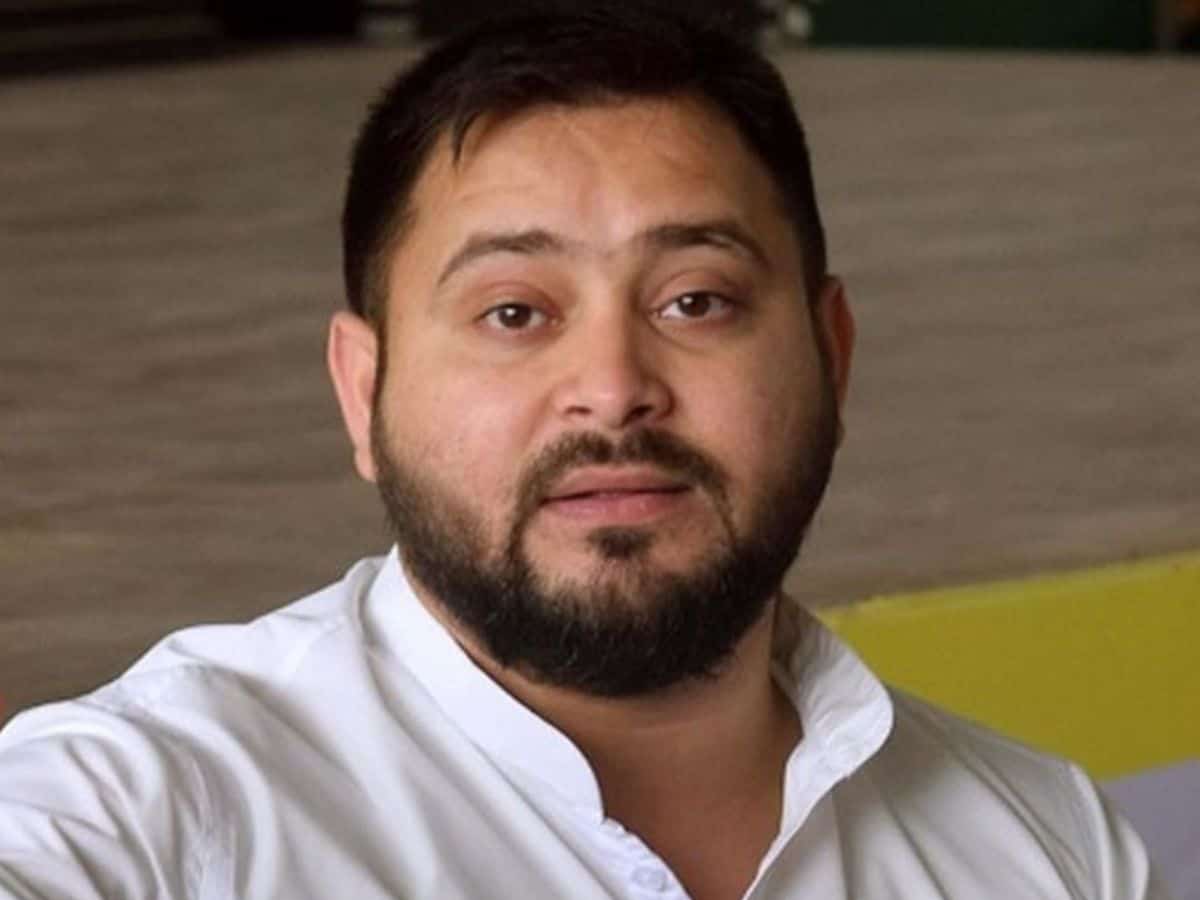The apex court, while referring the matter to larger bench, has raised questions on ED’s arrest based on mere interrogation. A bench of Justices Sanjv Khanna and Dipankar Datta referred the questions pertaining to legality of his arrest.
However, the relief for the Aam Aadmi Party (AAP) supremo is not in entirety as Kejriwal remains under judicial custody in Central Bureau of Investigation (CBI) case.
Here are the key takeaways from the Supreme Court’s verdict on Kejriwal’s bail
- The Supreme Court said that the Delhi CM has suffered incarceration for over 90 days. “We direct Kejriwal will be released on Interim Bail,” Justice Khanna added.
- Kejriwal is elected leader and it is up to him to decide if he wants to continue as Delhi CM, the SC bench said while granting Kejriwal interim bail.
- “We have clearly held mere interrogation does not allow to arrest,” the SC said.
- “Especially in view of doctrine of proportionality…that we have referred to larger bench. So what is policy of arrest, what is the basis, we have referred. We have framed 3 questions,”
- “Whether need, necessity of arrest refers to satisfaction of formal parameters of arrest,” said Justice Khanna during the verdict.
Why did Kejriwal go to SC?
The apex court’s judgement comes from Kejriwal’s appeal against a Delhi High Court judgement which dismissed his plea against arrest by the ED and his subsequent remand in the excise policy case.Kejriwal, while filing an appeal in the apex court had contended that his arrest after the announcement of the General Elections was “motivated by extraneous considerations”.On April 9, the High Court dismissed his plea for release from jail and rejected his argument of political vendetta amid the looming Lok Sabha elections.The High Court had said that Kejriwal’s absence from nine ED summons over six months undermined any claims of special privilege as Chief Minister, suggesting his arrest was an inevitable consequence of his non-cooperation.
Kejriwal was arrested by ED on March 21 in connection with a money laundering probe relating to alleged irregularities in the now-cancelled Delhi excise policy 2021-22.







